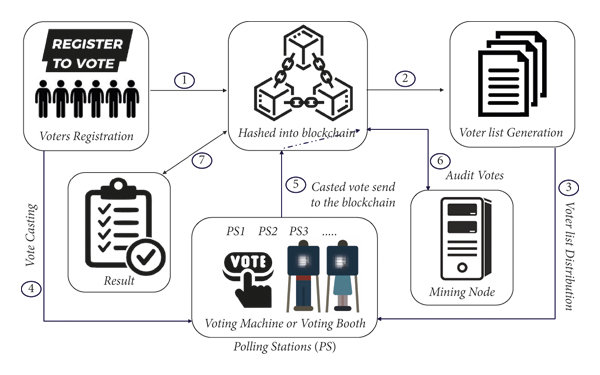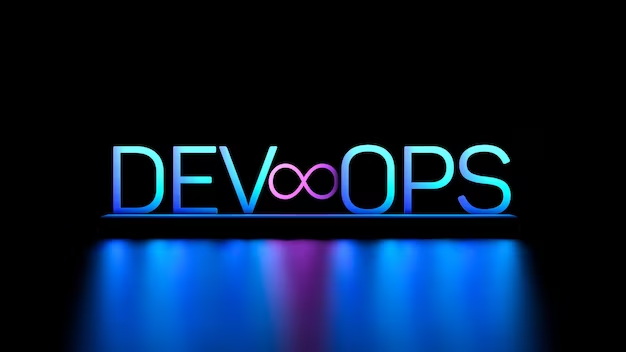Imagine a voting system where every ballot is secure, transparent, and tamper-proof. This vision is becoming a reality with blockchain technology, which promises to revolutionize how we conduct elections and ensure their integrity. Blockchain voting systems offer a robust solution to longstanding issues such as voter fraud, tampering, and lack of transparency.
At the heart of a blockchain voting system is the blockchain itself—a decentralized, immutable ledger that records every transaction (or vote) in a secure and transparent manner. Unlike traditional voting systems, where data is stored in centralized databases vulnerable to hacking and manipulation, blockchain distributes data across a network of nodes, making it nearly impossible to alter or delete votes once they are recorded.
Consider an election where voters cast their ballots using a blockchain-based system. Each vote is encrypted and logged on the blockchain, creating a permanent and tamper-proof record. Voters can verify their votes, ensuring that they are correctly recorded, while maintaining their anonymity. This transparency builds trust in the electoral process, as anyone can audit the blockchain to verify the results.
In practice, blockchain voting systems can be deployed in various forms. One approach is to integrate blockchain with existing electronic voting machines. When a voter casts a ballot, the vote is simultaneously recorded on the machine and the blockchain. This dual-record system provides an additional layer of security and verification, ensuring that the vote counts are accurate and unaltered.
For remote voting, blockchain offers a secure alternative to mail-in ballots and traditional online voting systems. Voters can use their smartphones or computers to cast their ballots, which are then encrypted and recorded on the blockchain. This method not only enhances accessibility for voters who cannot physically reach polling stations but also protects against common risks associated with remote voting, such as ballot tampering and identity theft.
The benefits of blockchain voting systems are substantial. They provide a transparent and verifiable voting process, reducing the potential for fraud and errors. By decentralizing the storage of votes, blockchain systems are more resilient to cyberattacks compared to centralized databases. Furthermore, blockchain can streamline the vote-counting process, delivering faster and more accurate results.
However, implementing blockchain voting systems also presents challenges. One major concern is the digital divide—ensuring that all voters have access to the necessary technology and are comfortable using it. Additionally, the security of the voting infrastructure, including voter authentication and device security, must be robust to prevent any vulnerabilities.
The legal and regulatory landscape for blockchain voting is still evolving. Governments and electoral bodies need to establish clear guidelines and standards for the use of blockchain technology in elections. Pilot projects and trials are essential to test the feasibility, security, and scalability of blockchain voting systems before widespread adoption.
Looking ahead, the future of blockchain voting systems appears promising. Advances in technology and increasing public awareness of the need for secure and transparent elections will drive the adoption of blockchain solutions. Partnerships between technology companies, governments, and civil society organizations will be crucial in developing and implementing these systems effectively.
Blockchain voting systems hold the potential to transform electoral processes, ensuring election integrity through enhanced security, transparency, and efficiency. As we move towards a more digital and interconnected world, leveraging blockchain technology for voting can help build trust in democratic institutions and safeguard the fundamental right to vote. By addressing the challenges and embracing the opportunities, blockchain voting systems can pave the way for more secure and transparent elections in the future.
By Our Media Team
Our Editorial team comprises of over 15 highly motivated bunch of individuals, who work tirelessly to get the most sought after curated content for our subscribers.




